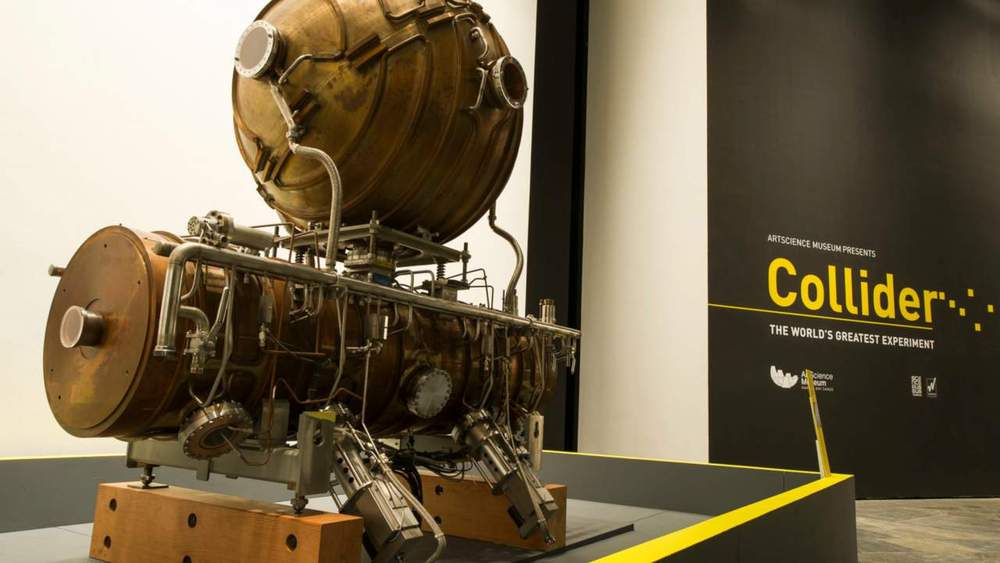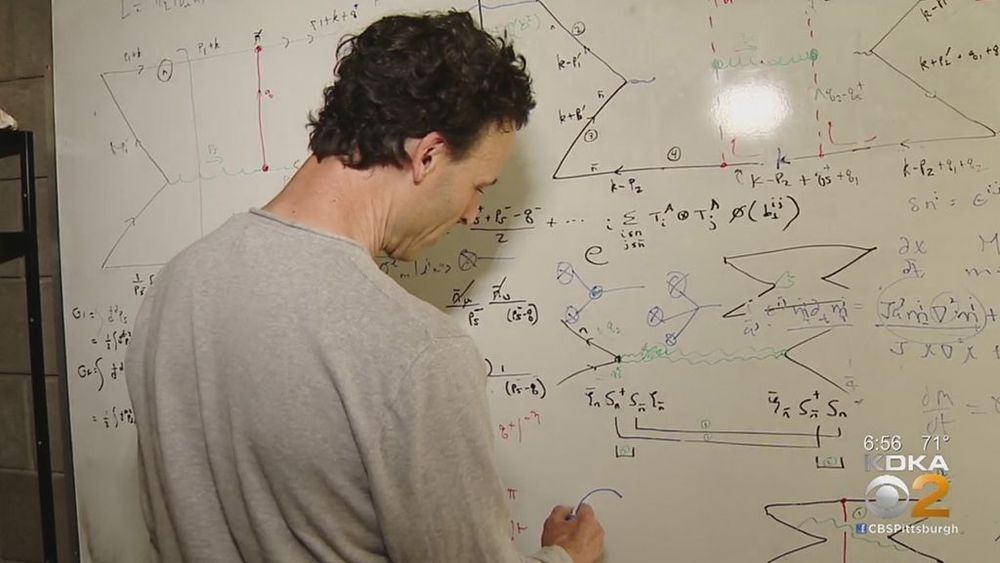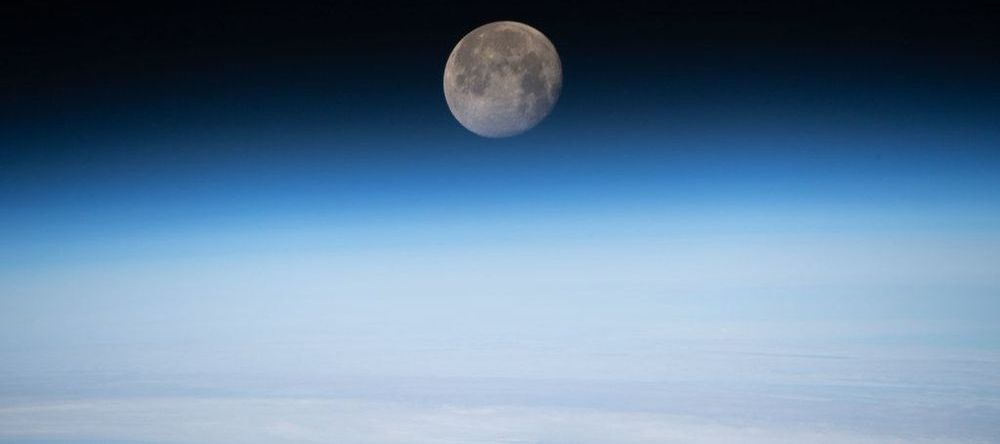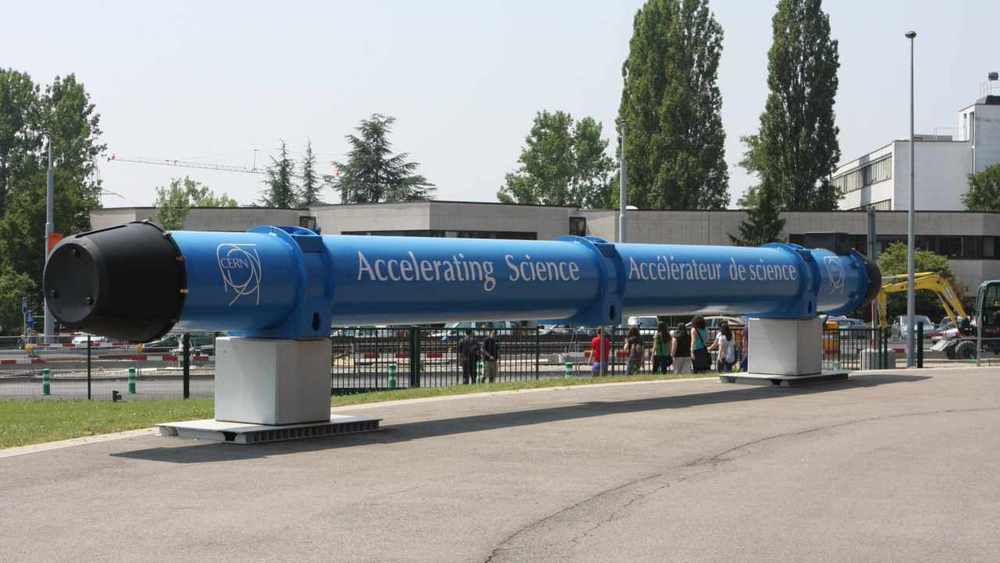Category: science – Page 112

CERN travelling science exhibit comes to India: Here’s when and where you can catch it
The science exhibition, which goes by the name “Vigyan Samagam”, will highlight India’s contributions to some of the world’s biggest science projects. It is a jointly-funded effort by the Department of Atomic Energy (DAE) and the Department of Science & Technology (DST).
While in India, the CERN exhibit will be bilingual — in English and Hindi for the public to make the most of.

Kavli and Nobel Laureates Tackle Science’s Big Questions
The National Academy of Sciences is always an impressive place, with visitors greeted out front by a more-then-life-sized bronze statue of Albert Einstein. In keeping with the spirit of the academy, Einstein is not depicted standing with his eyes looking upward to some fantastic future. Rather, he is seated, looking slightly downward in thought, holding papers on which his equations are written—doing the hard work of trying to make that fantastic future happen.
On April 9th, the academy hosted an event, sponsored by the Kavli Foundation and produced by Scientific American, that honored 10 individuals who have also done the hard work of making the world better through their scientific research. The 10 were all winners of Nobel Prizes, Kavli Prizes or both. And for one hour, they took to the stage in the Fred Kavli Auditorium within the academy building to field questions by Scientific American Editor-In-Chief Mariette DiChristina. This video represents a few of the highlights of that panel discussion.




Transhumanist science will reshape what it means to be human
I’ve been wanting to write on this quintessential #transhumanism debate for a long time: whether a copy of you is…well you. Here’s my new article for Quartz: https://qz.com/1616187/transhumanist-science-will-reshape-wh…-be-human/ #Omnipotism #Philosophy #LifeExtensionGameTheory
In 20 years transhumanist science could help us cheat death.


